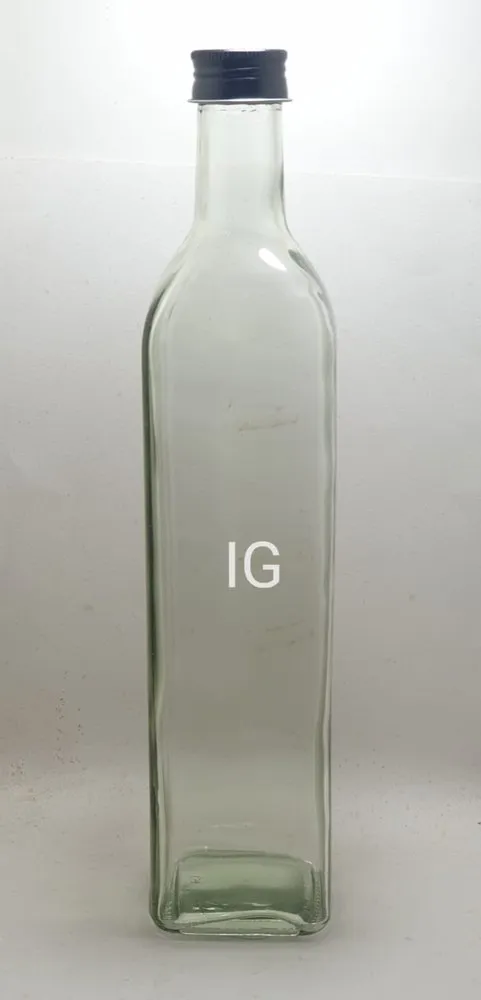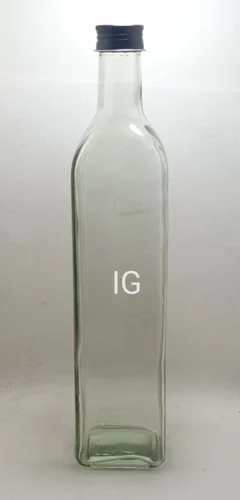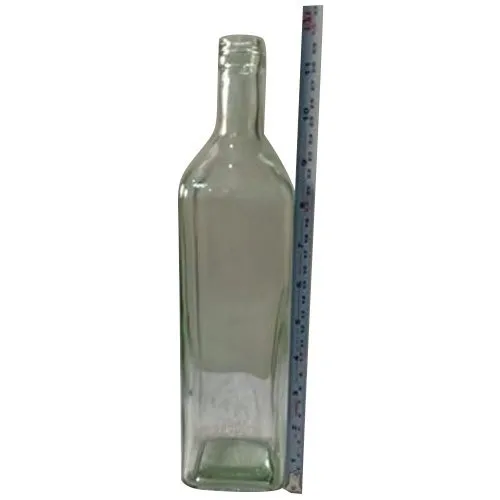Transparent 750ml Oil Glass Bottle
₹25.5
Product Specification
| Color | Transparent |
| Material | Glass |
| Usage/Application | Oil Purpose |
| Capacity | 750 Ml |
| Country of Origin | Made in India |
| Is it Re-Usable | Yes |
Product Description
| Color | Transparent |
|---|---|
| Material | Glass |
You must be logged in to post a review.
Q & A
Recycled glass is considered a sustainable material for several reasons. Here are some key points regarding the sustainability of recycled glass:
-
Resource Conservation: Recycling glass reduces the need for new raw materials. By using recycled glass, fewer natural resources like sand, soda ash, and limestone are required for glass production. This conserves energy and reduces the strain on finite resources.
-
Energy Savings: The production of glass from raw materials consumes a significant amount of energy. However, recycling glass requires less energy compared to producing glass from scratch. The recycling process involves melting down the glass and reforming it into new products, which typically requires lower temperatures than the initial glass production.
-
Waste Reduction: Glass is inert and non-biodegradable, which means it can persist in the environment indefinitely if not properly disposed of. Recycling glass diverts it from landfills or incinerators, reducing the amount of waste sent for disposal and helping to mitigate environmental pollution.
-
Emissions Reduction: Glass production from raw materials releases greenhouse gases and other pollutants into the atmosphere. By using recycled glass, the emissions associated with mining, transportation, and processing of raw materials are significantly reduced, leading to a lower carbon footprint.
-
Endless Recyclability: Glass is infinitely recyclable, which means it can be recycled repeatedly without any loss in quality or purity. Unlike some other materials, glass can be recycled indefinitely, contributing to a circular economy where resources are continuously reused.
-
Water Conservation: The recycling process for glass typically requires less water compared to the production of glass from raw materials. This is because the melting and shaping of recycled glass consume less water than the extraction and refining processes for raw materials.
While recycled glass has many sustainability benefits, it's important to note that the overall sustainability of glass products also depends on factors such as transportation distances, local recycling infrastructure, and the market demand for recycled glass products. Therefore, maximizing the sustainability of recycled glass requires a holistic approach that considers the entire lifecycle of the material, from production to disposal.
General Inquiries
There are no inquiries yet.



















Reviews
There are no reviews yet.